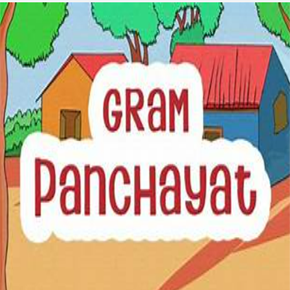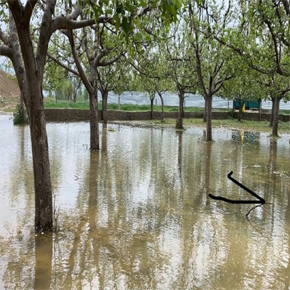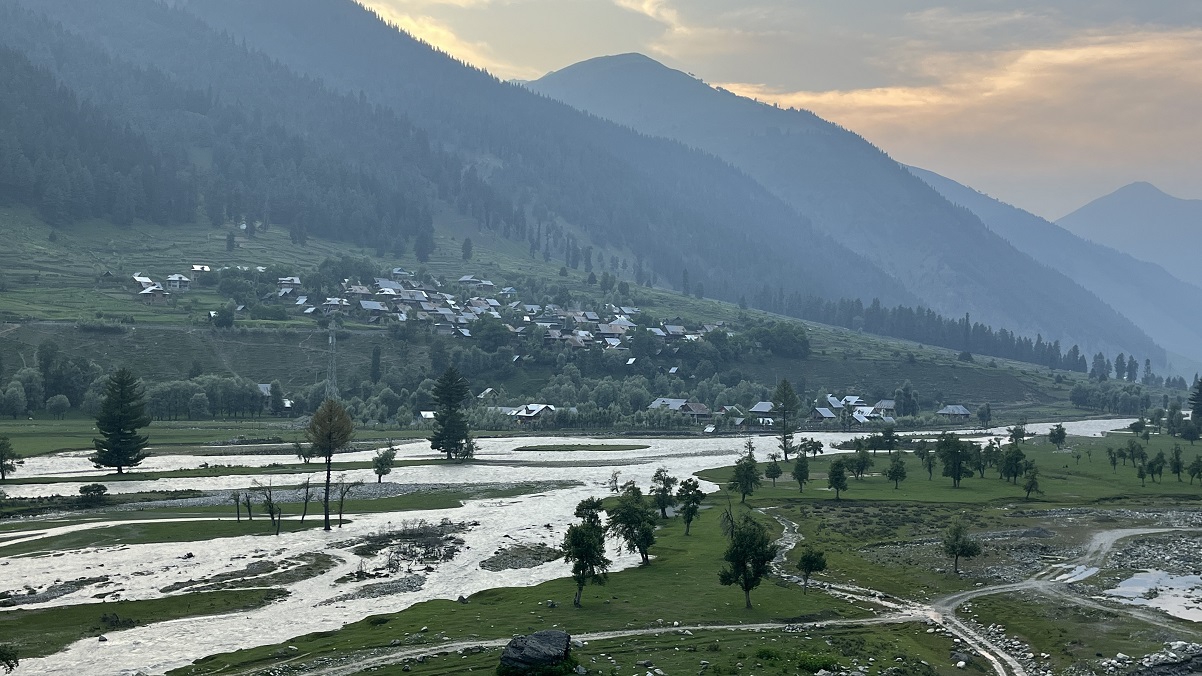All the DDOs should be periodically trained to interpret court orders & judgements.
MISINTERPRETATION of judicial orders has become a common practice in Jammu & Kashmir especially in the Govt offices. Many public works are not executed on the ground as officials fail to apply their mind while going through court orders. In some cases, this is done deliberately but in many cases this happens because our Govt officials lack legal acumen and they are not given periodic training on the subject. There are instances wherein Govt officials deny information to people under Right to Information Act (RTI) claiming that matter is sub-judice.
Case study 1- Chitroo Ganderpora village
Some days back, I got a chance to visit Chitroo Dangerpora village in district Budgam where the work on a road project had been halted by the officials of Roads & Buildings (R&B) department. The officials according to locals have been made to believe that court had stayed construction of a protection bund (Retaining Wall) as one local landowner had obtained a court order wherein the contractor has been restrained from construction in the area. The local residents had actually invited me to visit their village area to highlight their issue through social media. When I visited the village recently I went through some official land documents issued by the Revenue Department. The local residents had obtained them under the Right to Information Act (RTI).
When I keenly saw the Khasra Girdawari I found two survey numbers namely 791 and 792 mentioned in it. Pertinently, the survey number is also referred to as Khasra numbers in Urdu. The disputed site where the protection bund isn’t being allowed to be constructed falls under Khasra number 790 and we visited that spot as well. This khasra or survey number is mentioned in the order issued by Munsif Judicial Magistrate Budgam’s order dated July 22nd 2022. In the said order there is no mention of khasra 791 or 792 as both these survey numbers are related to state land through which passes a 22 feet road and an irrigation canal. The operative part of the court order reads :
“In the meantime subject to objections from other side , the Non applicant defendant no 5 is temporarily restrained from carving out motorable / link road from the suit property till next date of hearing”
The defendant number 5 is the contractor who has been allotted the work by R&B division Budgam.
When this author spoke to the Junior Engineer of R&B Division Budgam he told me that they can’t go ahead with the work . The official was not ready to even understand the case and seemed scared of court order without even understanding what had been written in the order. I told him the road doesn’t fall under survey number 790 for which suit has been filed, but the said official seemed confused. He asked me to contact Executive Engineer R&B Division Budgam. I contacted the Executive Engineer Mr Javid Shawal and made him understand the whole case. He assured me that he would visit the site. During my conversation with him I could make out that his Assistant Executive Engineer (AEE) has not been able to understand this case and he stopped the work on protection bund.
Initially, when I was not able to get any reply from the Executive Engineer and Chief Engineer I had contacted the Principal Secretary of the Public Works Department Mr Shailendra Kumar. This senior bureaucrat is always responsive and quickly forwarded the replies he got from his officers. He was also told that there is a court case and that was the reason work on protecting bund could not be taken up.
Case study 2: J&K Housing Board
Former State Chief Information Commissioner (CIC) G R Sufi a week before his retirement gave a landmark judgment on Feb 18th 2016. He made it clear to the Govt Offices about misusing the legal term Sub-Judice. It has become a norm for many Government officials to misuse and misinterpret this legal terminology and under its garb not only the information is denied under Right to Information Act (RTI) but injustice is done with many people who remain silent due to lack of legal knowledge. The then State Chief Information Commissioner (CIC) in his orders said that there is no mention of word sub-judice in section 8 (exemption clause) of J&K RTI Act 2009.
With an aim of seeking some information from J&K Housing Board one Ashudeep Kohli R/O Channi Himmat Jammu filed an application under J&K RTI Act 2009 in the office of Senior Programmer who is also the designated Public Information Officer (PIO) of J&K Housing Board. The RTI application was received in the office of Senior Programmer (PIO) on June 2nd 2015. Ashudeep Kohli wanted to know the reasons for not considering his bid for allotment of a shop in Sector 1, Channi Himmat, Jammu. In this regard MD J&K, Housing Board had already issued an advertisement on 17-07-2014. The Housing Board Senior Programmer and designated PIO under RTI Act passed an order on June 27th 2015 and provided information under RTI Act to Ashudeep Kohli. After getting the reply Kohli was not satisfied with the reply.
On July 11th 2015 he challenged the reply by filing first appeal before the Managing Director who is the First Appellate Authority (FAA) of Housing Board. On August 14th 2015 ,the MD Housing Board decided the 1st appeal by upholding the PIO’s order. Not satisfied again with MD’s orders , Ashudeep Kohli went to the then State Information Commission (SIC) by filing 2nd appeal on September 29th 2015. The State Information Commission (SIC) heard this case several times and on February 18th 2016 the commission gave its final judgment. The Commission made it clear that there is no concept of sub-judice under Section 8, which is the provision of law along with Section 9, which exempts certain information from being disclosed. The State Information Commission in its orders said:
“The Commission has gone through relevant provisions of the law and found that there is no concept of sub-judice under Section 8, which is the provision of law along with Section 9, which exempt certain information for being disclosed. Section 8(1)(b) of the J&K State RTI Act, 2009 states that information which has been expressly forbidden to be published by any court of law or tribunal or the disclosure of which may constitute contempt of court shall not be disclosed. The FAA and PIO have not brought anything to the notice of the Commission, wherein, Hon’ble High Court or any other Tribunal has expressly forbidden the disclosure of information or anything which may constitute contempt of the court. As there is no any such expressed direction of any court or tribunal or anything which may constitute contempt of the court, therefore, information as sought by the appellant becomes disclosable and PIO to disclose said information within 15 days of the receipt of this order”
Conclusion
Legal awareness helps to promote consciousness of legal culture and Government officials especially need to be given periodic training on interpretation of judicial orders and judgements. Government departments too are not able to properly elucidate on court orders and make unnecessary delays in submitting the counter responses to various judicial or quasi judicial institutions and the ultimate sufferers are the citizens. Legal education comprises a range of activities which intend to build public awareness and skills related to law and the justice system. The Govt must at least keep holding refresher courses on interpretation of court orders for its officials, especially the drawing and disbursing officers (DDOs). This will not only help build their skills and capacities but will also make governance more citizen centric.

























































































